British bosses use artificial intelligence to monitor staff
Unions say new system may cause distrust and increase pressure
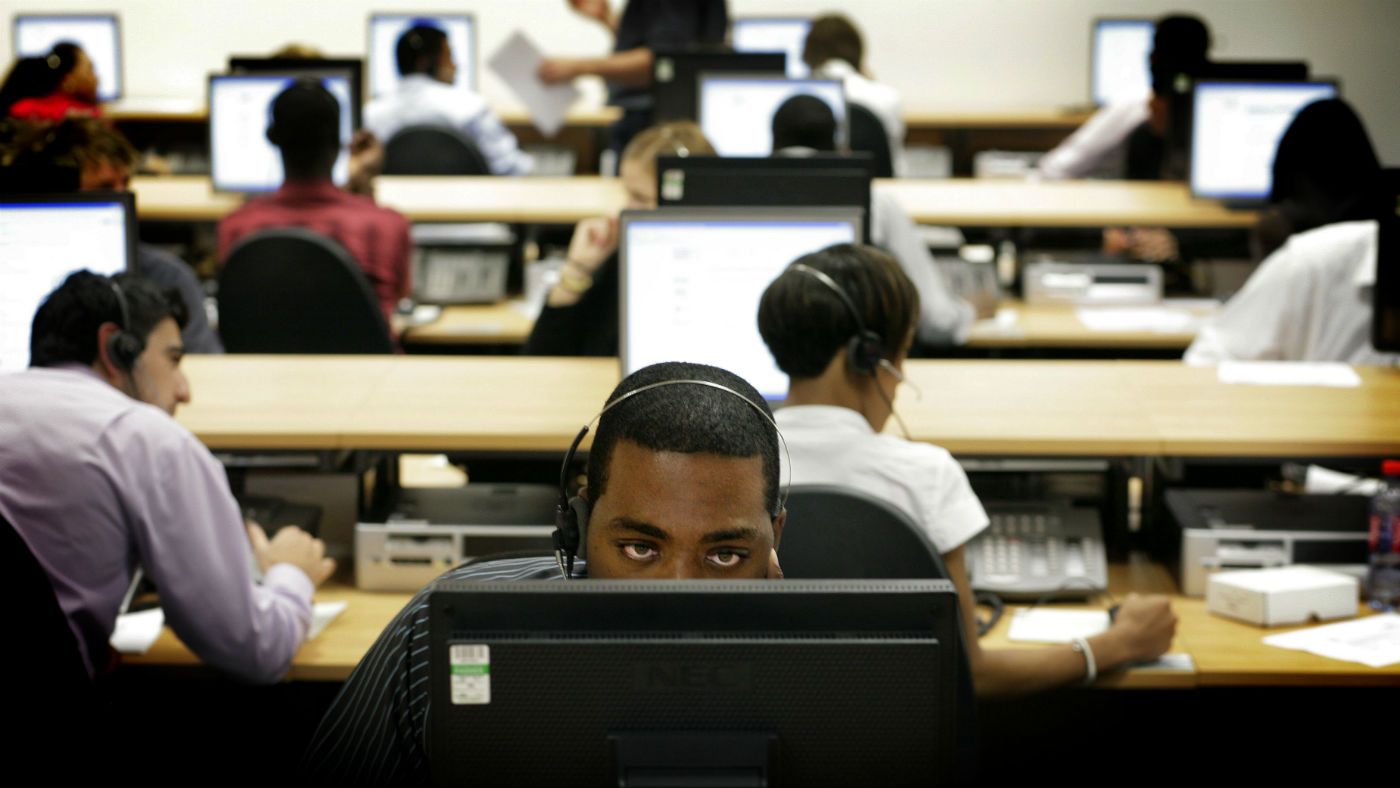
A free daily email with the biggest news stories of the day – and the best features from TheWeek.com
You are now subscribed
Your newsletter sign-up was successful
UK businesses are using artificial intelligence to monitor staff behaviour minute-to-minute, reports The Guardian.
The actions of 130,000 employees in the UK and abroad are being scrutinised by the Isaak system, which ranks staff members by gathering intricate data on their work and interactions.
It can show managers how collaborative workers are and whether they are “influencers” or “change-makers”. It is able to compare activity data with qualitative assessments of workers from personnel files or sales performance figures.
The Week
Escape your echo chamber. Get the facts behind the news, plus analysis from multiple perspectives.

Sign up for The Week's Free Newsletters
From our morning news briefing to a weekly Good News Newsletter, get the best of The Week delivered directly to your inbox.
From our morning news briefing to a weekly Good News Newsletter, get the best of The Week delivered directly to your inbox.
Trade unions fear the system will increase pressure on workers. The TUC’s general secretary, Frances O’Grady, said: “This kind of high-tech snooping creates fear and distrust.” She added that it undermines morale and “could do businesses more harm than good”.
Another critic, Ursula Huws, professor of labour and globalisation at the University of Hertfordshire, said: “If performance targets are being fine-tuned by artificial intelligence and your progress towards them being measured by artificial intelligence, that will only multiply the pressure.” She added that there are risks to mental health if people don’t feel free to take breaks.
Commentators say systems like the Isaak are part of a burgeoning “precision economy”, in which more and more aspects of the working day will be measured. Future artificial intelligence ideas that are being developed include the use of mood monitoring at work, and the recording of a worker’s location on wearable devices and monitoring of keyboard strokes.
The Royal Society of Arts predicts that within 15 years, workers in retail and hospitality will be tracked for time spent inactive. There are fears that in the growing gig economy this could leave many without work.
A free daily email with the biggest news stories of the day – and the best features from TheWeek.com
Ankur Modi, the chief executive of Status Today which designed the Isaak system, said it aims to provides a “wellbeing analysis” and can detect overwork. But he admitted: “there’s always a risk that it might be misused”.
-
 5 cinematic cartoons about Bezos betting big on 'Melania'
5 cinematic cartoons about Bezos betting big on 'Melania'Cartoons Artists take on a girlboss, a fetching newspaper, and more
-
 The fall of the generals: China’s military purge
The fall of the generals: China’s military purgeIn the Spotlight Xi Jinping’s extraordinary removal of senior general proves that no-one is safe from anti-corruption drive that has investigated millions
-
 Why the Gorton and Denton by-election is a ‘Frankenstein’s monster’
Why the Gorton and Denton by-election is a ‘Frankenstein’s monster’Talking Point Reform and the Greens have the Labour seat in their sights, but the constituency’s complex demographics make messaging tricky
-
 Is a financial market crash around the corner?
Is a financial market crash around the corner?Talking Points Observers see echoes of 1929
-
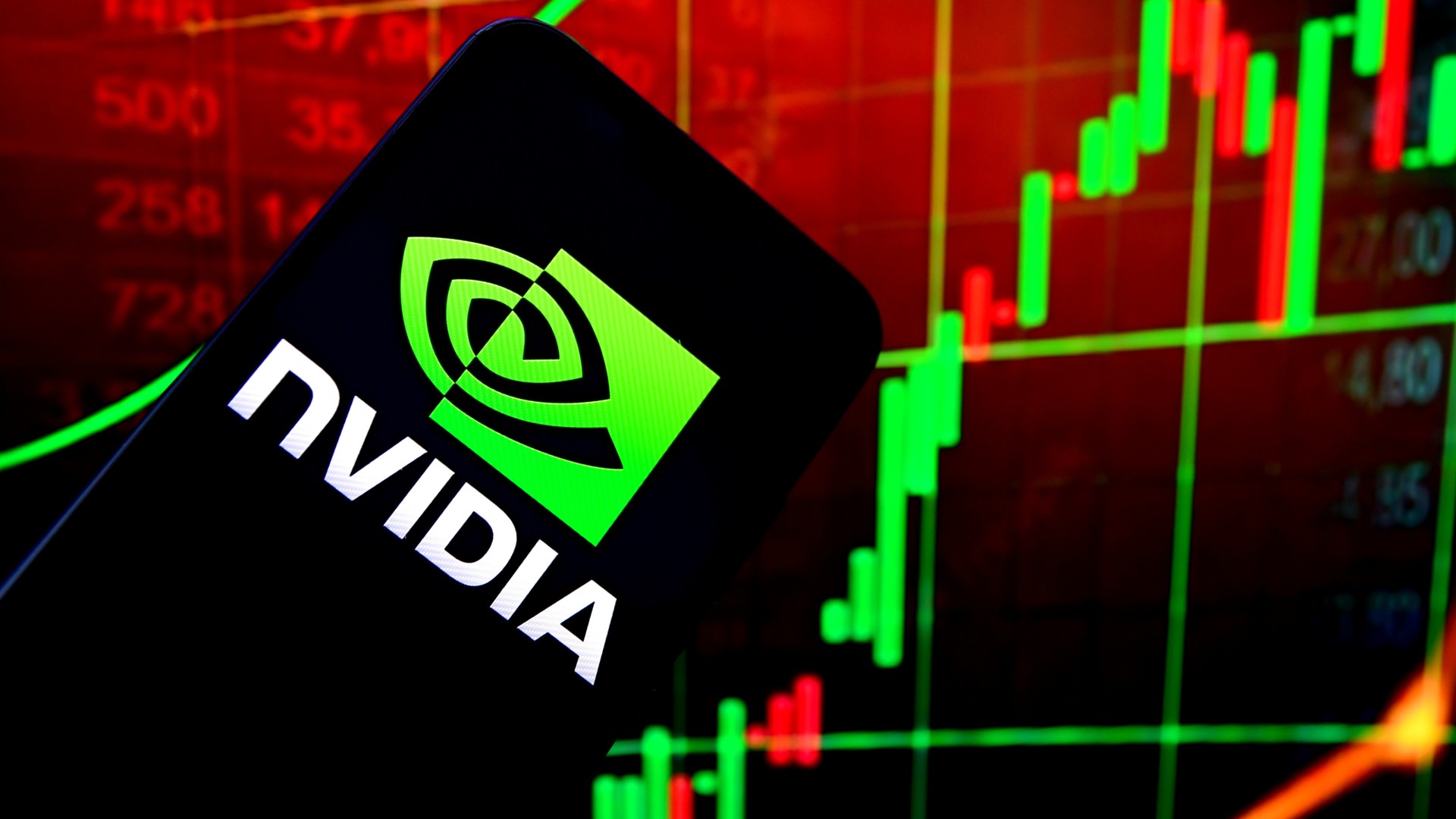 The AI bubble and a potential stock market crash
The AI bubble and a potential stock market crashToday's Big Question Valuations of some AI start-ups are 'insane', says OpenAI CEO Sam Altman
-
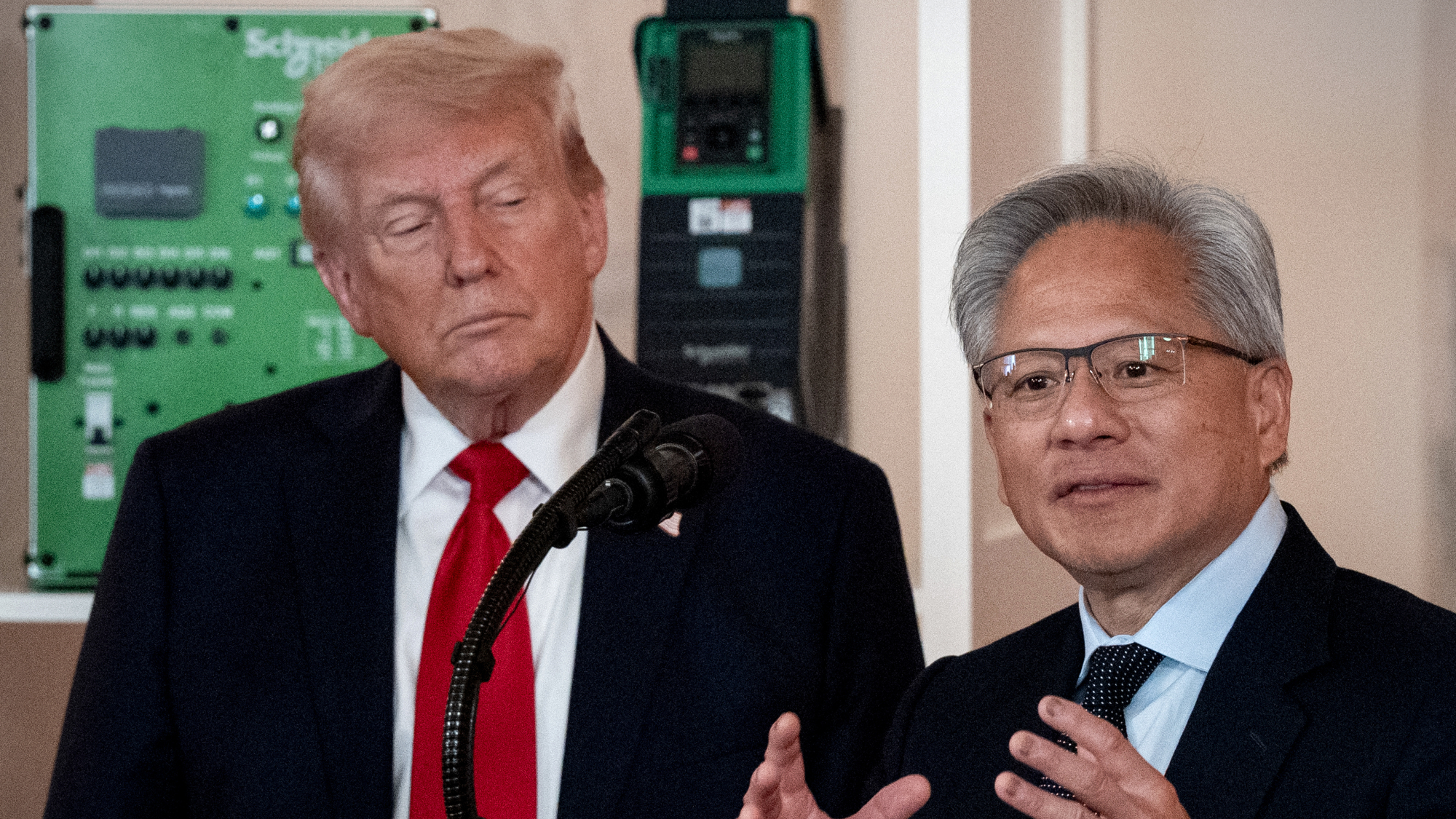 US to take 15% cut of AI chip sales to China
US to take 15% cut of AI chip sales to ChinaSpeed Read Nvidia and AMD will pay the Trump administration 15% of their revenue from selling artificial intelligence chips to China
-
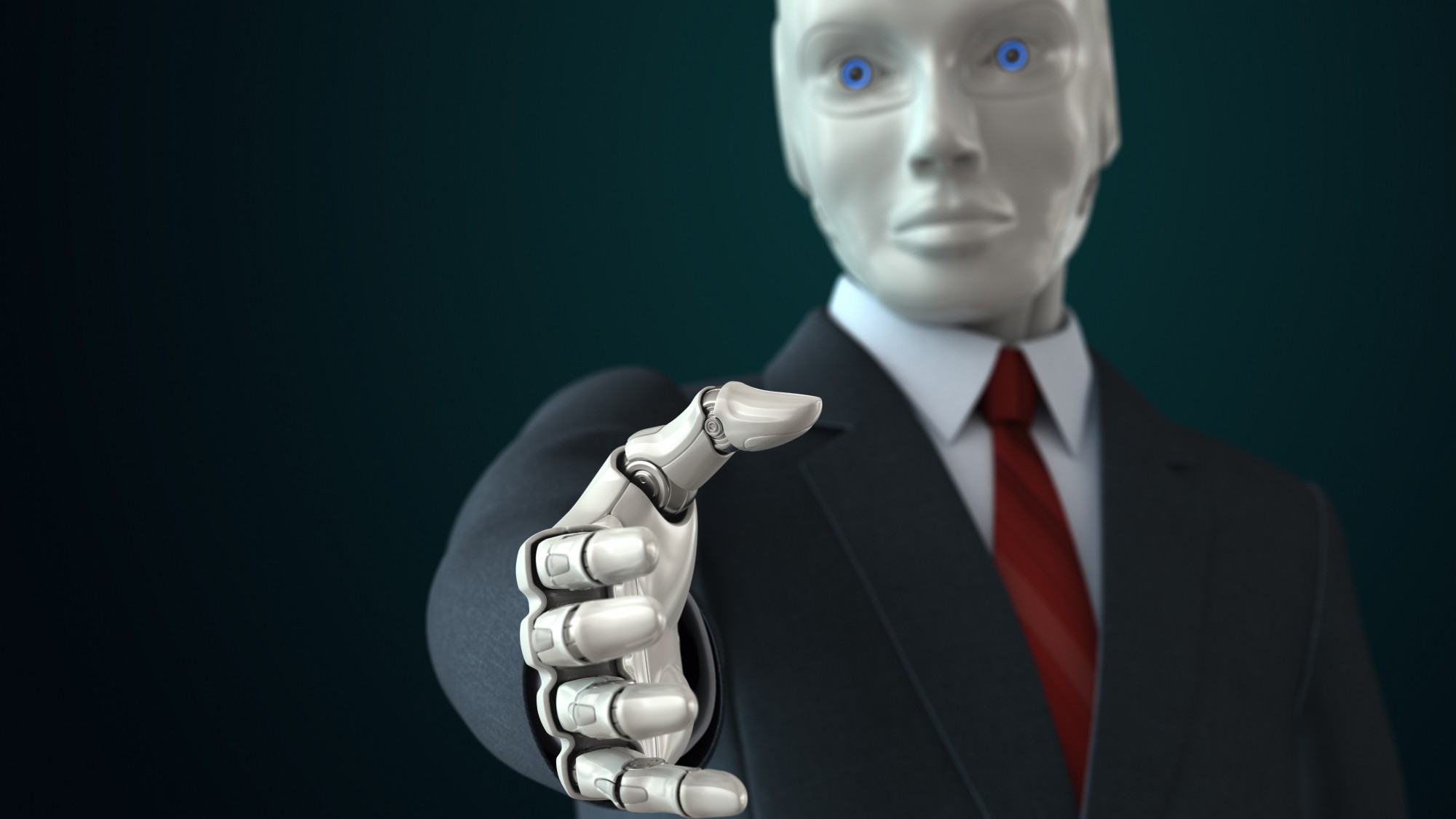 Why 'faceless bots' are interviewing job hunters
Why 'faceless bots' are interviewing job huntersIn The Spotlight Artificial intelligence is taking over a crucial part of recruitment
-
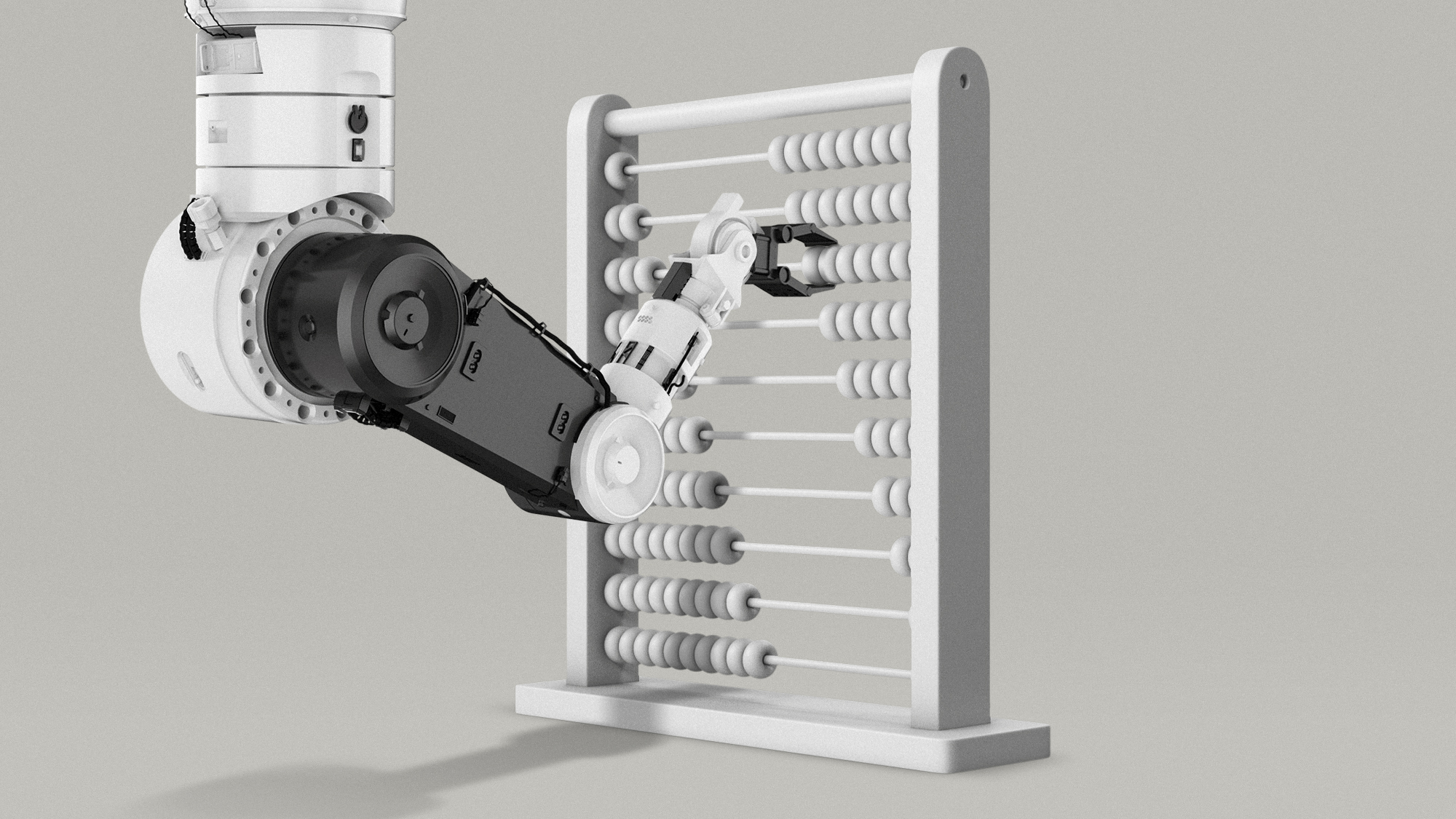 How is AI reshaping the economy?
How is AI reshaping the economy?Today's Big Question Big Tech is now 'propping up the US economy'
-
 AI is creating a luxury housing renaissance in San Francisco
AI is creating a luxury housing renaissance in San FranciscoUnder the Radar Luxury homes in the city can range from $7 million to above $20 million
-
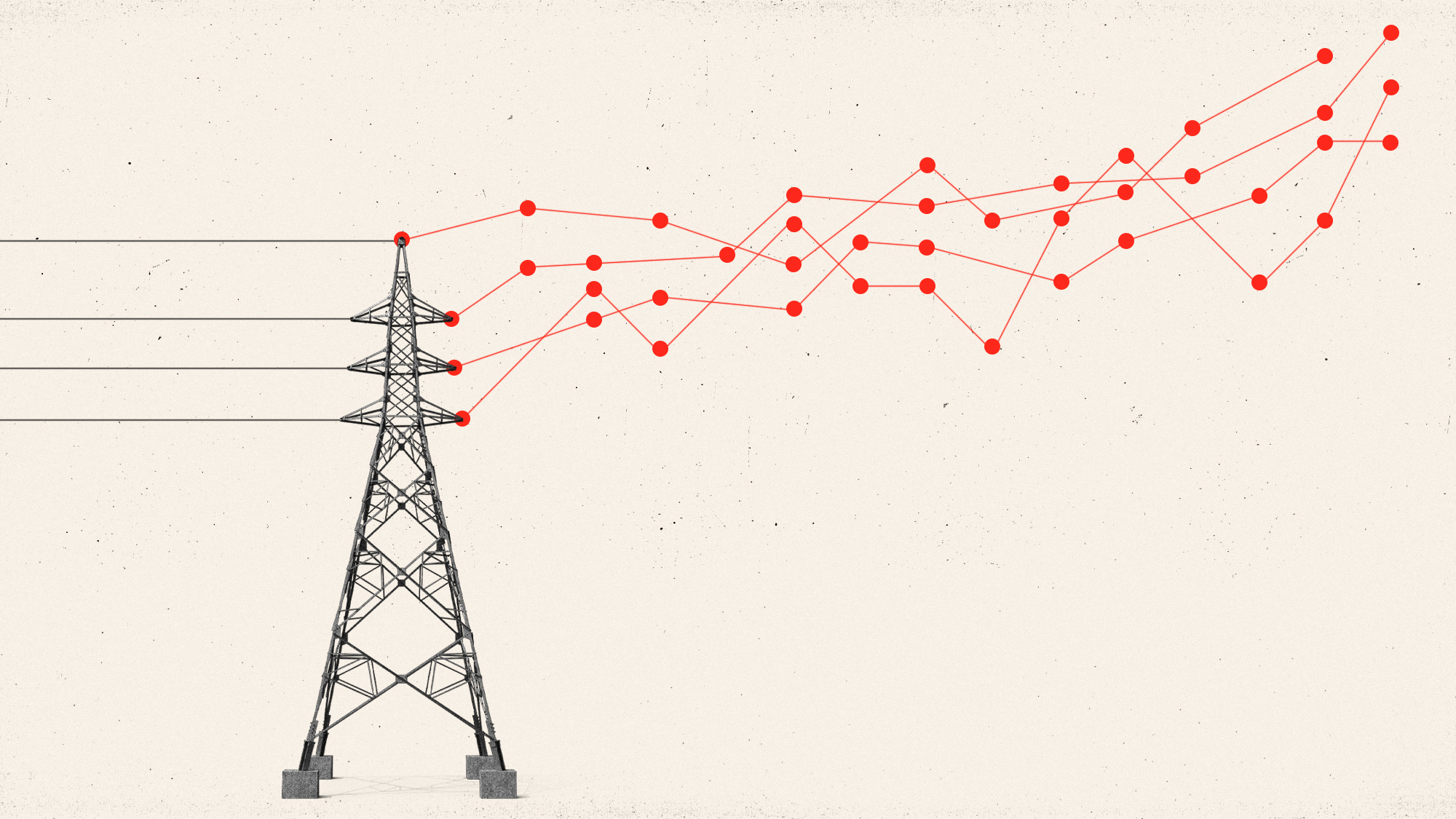 Why are electric bills rising so fast?
Why are electric bills rising so fast?Today's Big Question Data centers for artificial intelligence and the cost of natural gas both contribute
-
 Shaky starts: A jobs drought for new grads
Shaky starts: A jobs drought for new gradsFeature The job market is growing, but Gen Z grads are struggling to find work